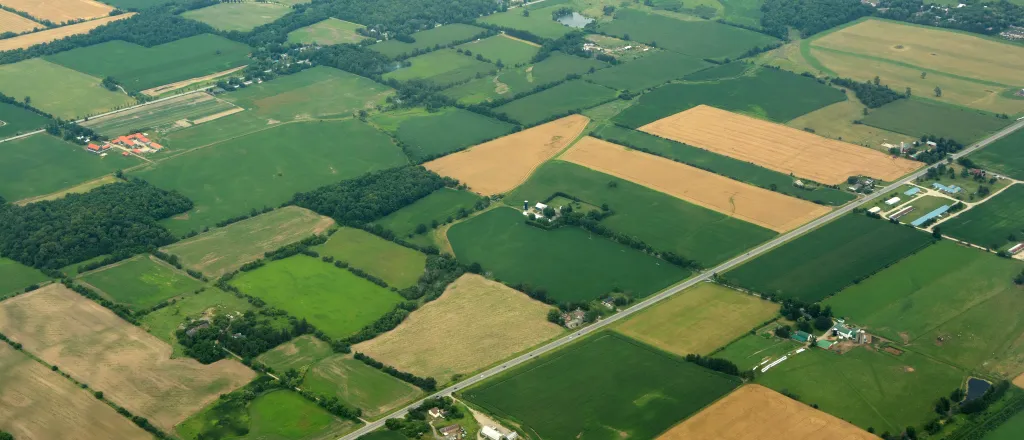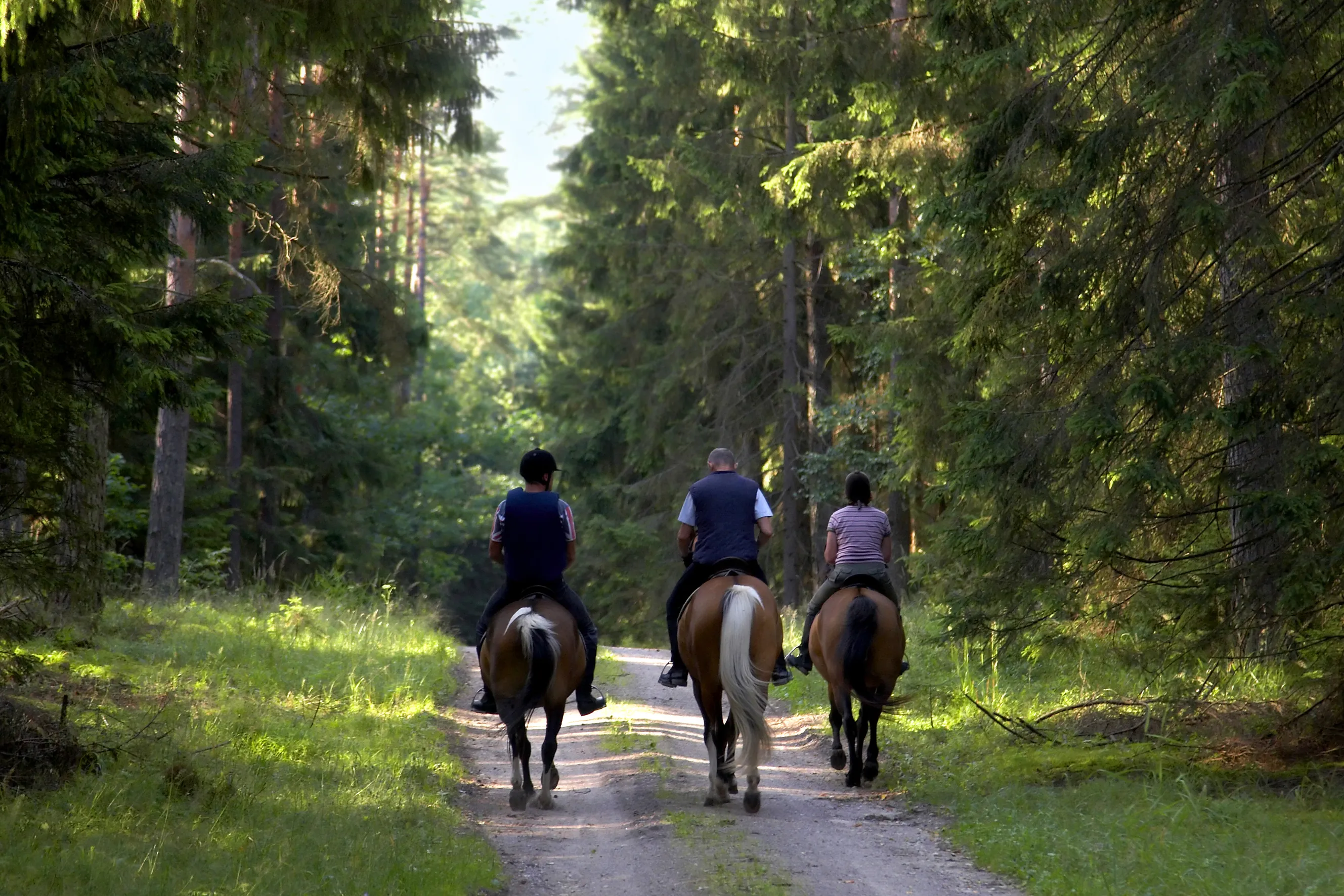
Court bans popular but controversial pesticide
iStock - IMNATURE
Click play to listen to this article.
(Iowa News Service) A federal court has banned the use of a highly controversial but popular pesticide in the Midwest.
Advocates for sustainable agriculture said the ruling is long overdue. The Environmental Protection Agency first approved dicamba in 2017 for spraying on genetically engineered corn and soybean crops. But dicamba is highly prone to drifting, which makes it hard for farmers to control where it winds up.
George Naylor, organic farmer from Churdan and board member of the group Family Farm Defenders, farmed corn and soybeans conventionally for 40 years until he noticed the unintended effects dicamba was having on his crops.

© iStock - Pashalgnatov
"I used to use dicamba. I could see when, after a rain, how it washed off of a cornfield into my soybeans and hurt my soybeans," Naylor recounted. "I'd say it's a very dangerous chemical, and it can be easily moved through groundwater and surface water."
While banning future dicamba production, the ruling does allow farmers to apply the pesticide labeled with dates prior to the court's action.
Naylor pointed out beyond the environmental and health concerns of using dicamba, there were also financial considerations prompting his switch to organic farming.
"I could see my soil deteriorating and I also looked at the price of what herbicide was going to cost me one year, and I go, 'Jeepers creepers,'" Naylor recalled. "Herbicides weren't working, anyway, very well - so I'd just as well try organic, which is what I wanted to do from the very first day I started farming."
The Center for Food Safety estimates dicamba has affected as many as one in six acres of ultrasensitive soybeans.
















